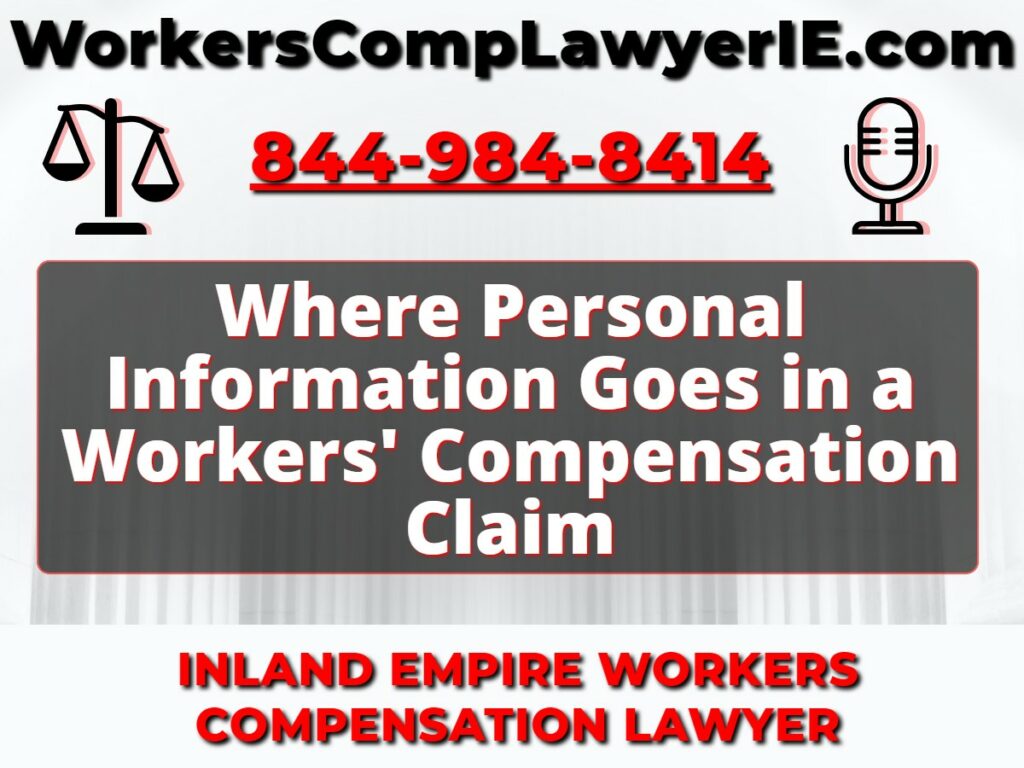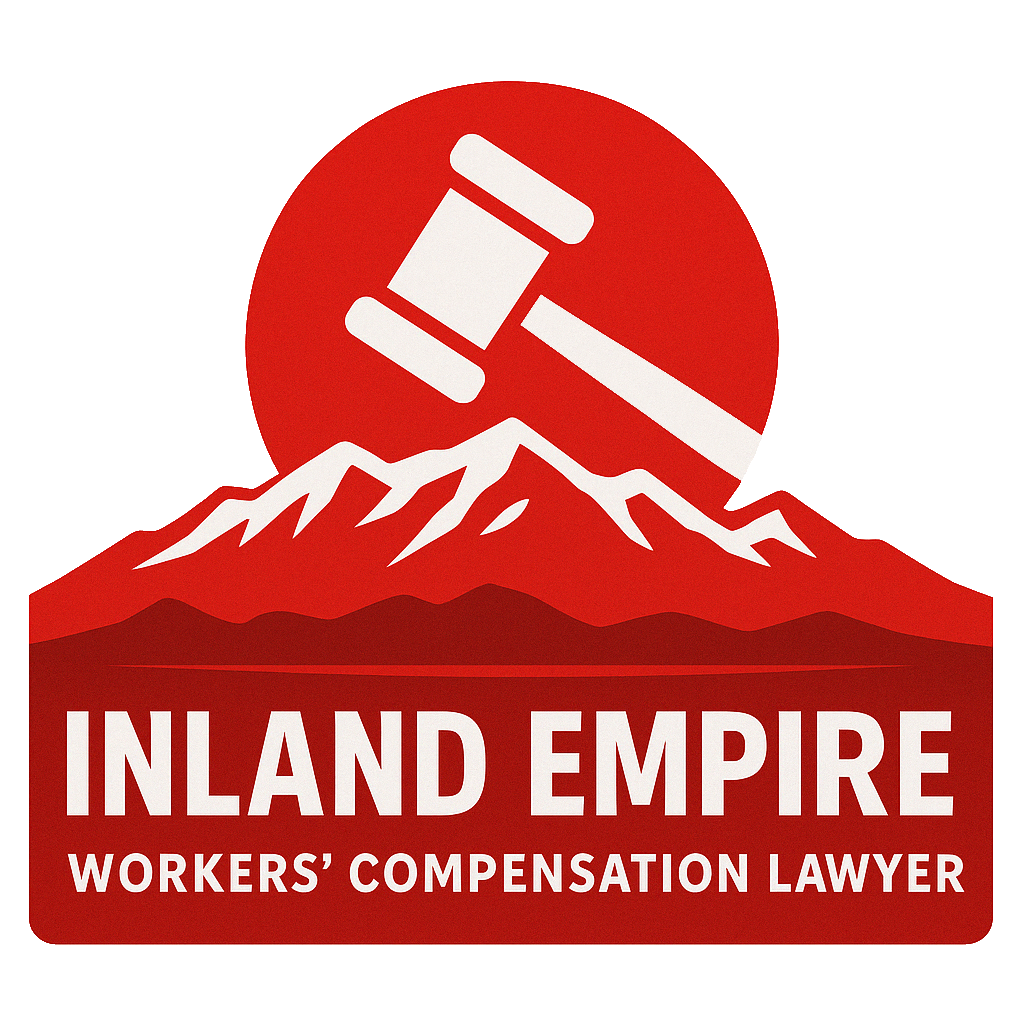Where Personal Information Goes in a Workers’ Compensation Claim

Introduction to Where Personal Information Goes in a Workers’ Compensation Claim
Workers’ compensation is a critical element of California employment law, providing coverage for employees who suffer injuries on the job. This article offers a detailed exploration of personal information in workers’ compensation claims, emphasizing the confidentiality of such data and outlining the legal safeguards that protect it.
Understanding Workers’ Compensation
In California, workers’ compensation is a system designed to provide financial assistance and medical care to employees injured at work. This no-fault insurance program eliminates the need for injury victims to sue their employers to cover their medical expenses or lost wages, making the process less stressful and more straightforward.
Personal Information and Workers’ Compensation Claims
For a workers’ compensation claim to be processed, specific personal information is necessary. This includes the claimant’s name, contact information, and details about their employment and the injury sustained. Collecting this data helps the insurer accurately assess the validity of the claim and the compensation that should be provided.
Where Does Your Personal Information Go in Workers’ Comp?
The personal information provided in a workers’ compensation claim is shared with a limited group of entities. Typically, this includes the employer, the workers’ compensation insurer, medical professionals treating the injury, and relevant legal personnel. This information is utilized to process the claim efficiently and to facilitate appropriate medical treatment.
Confidentiality and Security of Personal Information
Given the sensitivity of personal data, robust measures are in place to ensure confidentiality. The parties involved are obligated to keep personal information secure, using it strictly for the purpose of processing the claim. However, in some cases, disclosure may occur if required by a court order or to prevent fraud.
Legal Safeguards for Personal Information
California law offers substantial safeguards for the protection of personal information. These provisions ensure that data collected in a workers’ compensation claim is used appropriately and does not end up in unauthorized hands, bolstering the security and privacy of the claimant’s personal information.
What Does Not Get Disclosed in a Workers’ Compensation Claim
There are certain pieces of personal information that are typically not disclosed during a workers’ compensation claim. One such piece of information is the social security number, which is not gathered during transcribed depositions. This is a clear testament to the commitment to preserving the confidentiality of sensitive personal data in the workers’ compensation claims process.
The Role of A Workers’ Compensation Lawyer in Protecting Your Personal Information
Engaging a workers’ compensation lawyer can be a powerful step towards ensuring the protection of your personal information. Lawyers play a pivotal role in the workers’ compensation claim process, providing necessary guidance and oversight, and ensuring that your personal information is treated with the utmost confidentiality and security.
Conclusion to Where Personal Information Goes in a Workers’ Compensation Claim
The process of filing a workers’ compensation claim necessitates the sharing of personal information. However, rigorous legal safeguards are in place to protect this information, ensuring it is used solely for the claim process and is not unnecessarily disclosed. For those who have been injured on the job, the Inland Empire Workers’ Compensation Lawyer firm offers seasoned legal expertise to navigate the complexities of the workers’ compensation process. With extensive litigation experience, we will help ensure your rights are protected, and your personal information is handled securely. Call us at (844) 984-8414 today for a free consultation and secure peace of mind.
